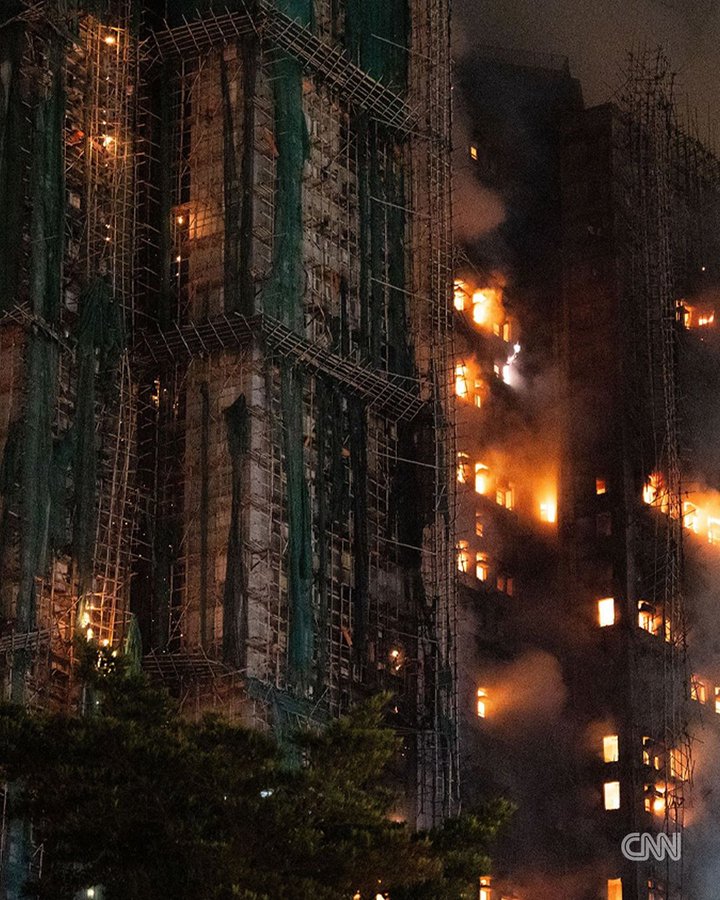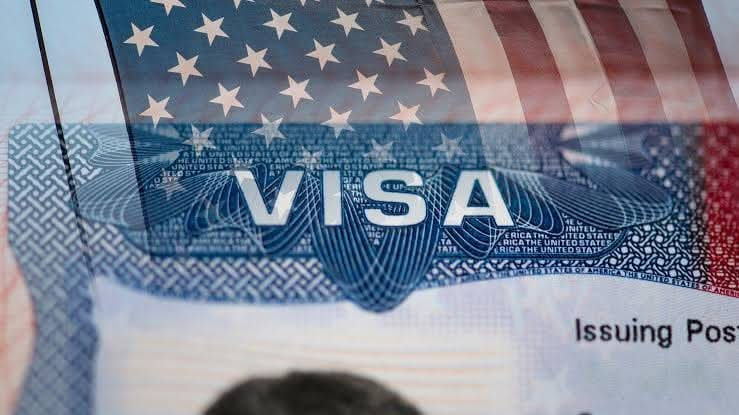Kenya is mourning the death of former Prime Minister and veteran opposition leader Raila Amolo Odinga, who passed away on Wednesday morning in Kochi, India, at the age of 80.
According to Indian news outlets Mathrubhumi and The Hindu, Odinga suffered a cardiac arrest during a morning walk at the Sreedhareeyam Ayurvedic Eye Hospital and Research Centre, where he had been receiving treatment for the past five days.
A spokesperson for the hospital confirmed to AFP that Odinga experienced breathing difficulties and collapsed at around 7:45 a.m. (local time). Despite being rushed to a nearby private hospital, doctors were unable to revive him.
Indian police reported that Odinga was accompanied by his sister, daughter, and personal doctor at the time, along with Kenyan and Indian security officers.
Born on January 7, 1945, in Maseno, Kisumu County, Raila Odinga was the son of Mary Juma Odinga and Jaramogi Oginga Odinga, Kenya’s first Vice President under President Jomo Kenyatta. He was educated in Kenya and later in East Germany, where he studied mechanical engineering.
Odinga’s political life was marked by courage, controversy, and conviction. He was detained multiple times under President Daniel arap Moi’s regime, including a six-year imprisonment following accusations of involvement in the 1982 attempted coup. His unwavering fight for multiparty democracy made him a symbol of resistance and a champion for reform in Kenya’s turbulent political history.
Odinga first entered Parliament in 1992, representing the Lang’ata Constituency, a seat he held for over two decades. He later served as Minister for Energy, Minister for Roads and Public Works, and eventually as Kenya’s second Prime Minister from 2008 to 2013 in the coalition government formed after the disputed 2007 presidential election.
He ran for president five times—in 1997, 2007, 2013, 2017, and 2022—each time claiming electoral irregularities. Despite never clinching the top seat, he remained a central figure in Kenya’s democracy, shaping political discourse and inspiring a generation of reformists.
Speculation about Odinga’s health surfaced in recent weeks after he missed several public engagements. His brother, Siaya Senator Oburu Oginga, had dismissed the rumours, saying Odinga was “recuperating and resting” in India.
“I want to clarify that our party leader was only slightly indisposed,” Oburu told journalists in Ugunja over the weekend. “He was recovering well and in good spirits.”
The ODM Party, which Odinga founded and led, had also denied reports suggesting he was critically ill.
News of his death sparked an outpouring of grief from across Kenya and beyond.
President William Ruto is expected to issue an official statement later today, with sources at State House saying flags will be flown at half-mast in Odinga’s honour.
Leaders from across the political divide have described Odinga as a “patriot,” “democrat,” and “visionary statesman.”
Former President Uhuru Kenyatta, who shared both rivalry and friendship with Odinga, said:
“Raila was a man who dedicated his life to the service of our nation. His courage, intellect, and enduring belief in Kenya’s future will never be forgotten.”
Raila Odinga leaves behind a legacy of political tenacity, national dialogue, and unrelenting advocacy for justice and reform. His journey from a political detainee to Prime Minister embodies Kenya’s long and often painful struggle for democracy.
He is survived by his wife Ida Odinga, four children, and several grandchildren.



